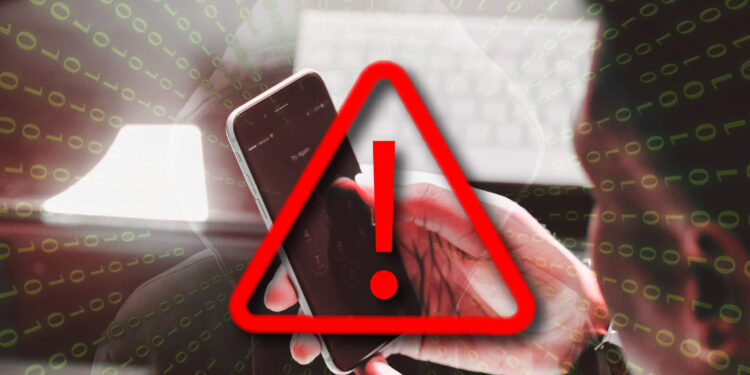In today’s digital era, where smartphones are central to our lives, protecting these devices from cyber threats has never been more crucial. With a rise in sophisticated cyber-attacks like phishing, malware, and spyware, securing your mobile device is a top priority. Interestingly, the National Security Agency (NSA) has a straightforward yet effective piece of advice: turn off your phone once a week.

Understanding the Risks: Why Shutting Down Matters
Your smartphone, despite being a hub of personal and financial information, is vulnerable to various security threats. The NSA’s “Mobile Device Best Practices” report sheds light on these risks, emphasizing the importance of regularly rebooting your phone. This simple action can interrupt potential hackers’ attempts to access your device, although it’s not a foolproof solution. As stated in the report, “This simple action can make it more difficult for hackers to steal information from your phone.”
The Mechanics Behind the Advice
Rebooting your phone does more than just refresh your system. It can disrupt malware that operates continuously in the background. When you restart your phone, certain types of malware have to start over, which could reveal their presence or hinder their operations temporarily. Moreover, spearphishing attacks and zero-click exploits, which install malware without any user interaction, can be mitigated through this regular reset, making your device a moving target rather than a static one.

Additional Protective Measures
Aside from rebooting your device weekly, the NSA provides several other guidelines to enhance your mobile security:
- Regular Updates: Ensure that all your apps and your operating system are up-to-date with the latest security patches.
- App Source Vigilance: Only download apps from official app stores like Apple’s App Store or Google Play.
- Caution with Links and Attachments: Avoid clicking on unexpected links or downloading attachments from unfamiliar sources.
- Public Wi-Fi and Bluetooth Caution: Stay off public Wi-Fi networks when possible and use a VPN if you must connect. Additionally, disable Bluetooth when not in use to avoid unwanted connections.
- Strong Passcodes and Biometrics: Secure your phone with a robust passcode and utilize biometric features like facial recognition or fingerprint scanning for added security.
- Use Trusted Accessories: Only use original or trusted brand charging cords and avoid public USB charging stations.
Beyond Basic Tips: Tools for Enhanced Security
To further secure your smartphone, consider tools like iVerify. This app is designed to scan your device for vulnerabilities and ensure that you are making full use of the security settings available on your iPhone or Android device.

The advice from the NSA to turn off your smartphone weekly might seem too simple to be effective, but in the complex world of cybersecurity, sometimes the simplest actions are the most powerful. By incorporating this practice into your weekly routine, you add an additional layer of defense that complements other security measures, safeguarding your digital life against increasingly clever and dangerous cyber threats.










